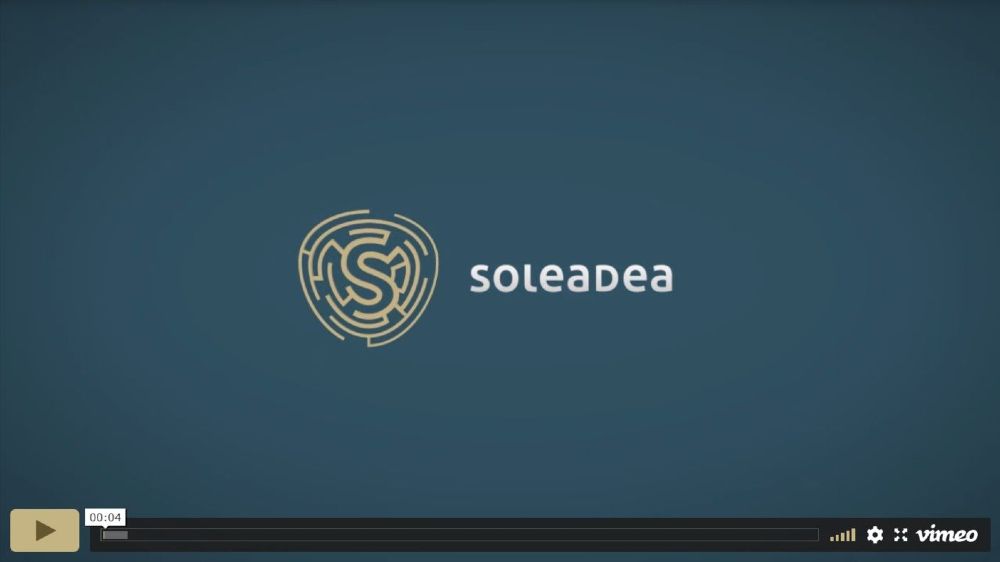Level 1 CFA® Exam:
Summing Up Ethical Standards
Let’s shortly recap what the Code of Ethics and the Standards of Professional Conduct set by CFA Institute are all about.
Code of Ethics = a set of moral principles to be followed in the financial world, i.e., agreed on and accepted by investment professionals
6 Principles of the Code of Ethics
- Act in a morally acceptable manner and to the best of your abilities in any of your professional relationships.
- Always place the good of your profession and your clients first.
- Stay independent and exercise reasonable care in your professional activities.
- Practice in an ethical way that earns you an honest reputation and encourage others to do so.
- Promote the integrity of the market.
- Maintain and improve your competence and encourage others to do so.
CFA Institute Standards of Professional Conduct = comprehensive description of best practices and moral duties for investment professionals
7 Standards of Professional Conduct
There are 7 Standards:
- Standard I: Professionalism
- Standard II: Integrity of Capital Markets
- Standard III: Duties to Clients
- Standard IV: Duties to Employers
- Standard V: Investment Analysis, Recommendations, and Actions
- Standard VI: Conflicts of Interest
- Standard VII: Responsibilities as a CFA Institute Member or CFA Candidate
Remember that each of these standards has a number of sub-sections. For the whole list, go to the Big Picture lesson on Ethics.
3 key features of the Standards of Professional Conduct:
- Each Standard is devoted to a separate area relating to the investment profession.
- The Standards cannot be treated separately or used selectively.
- The Standards are closely interwoven and you need to see them as a whole.
The Code and Standards provide guidelines and requirements that you should follow at any time and any place from the moment you enter the CFA Program and become a CFA candidate through all 3 levels of your CFA exam to your becoming a CFA charterholder.
Always follow the principles and guidelines set in the CFA Institute Code and Standards not only in your exam but also in your life. As a CFA candidate, you are obliged to obey the Code and Standards and encouraged to notify your employer of this obligation.
Following the Code and Standards is important because it:
- instills trust in clients,
- promotes the culture of integrity,
- ensures market sustainability,
- creates some common ground for professional conduct regardless of the applicable law.
Apart from the Standards of Professional Conduct, CFA Institute established some different standards for the financial industry, e.g., the so-called GIPS standards.
You will be tested on the GIPS standards only in your level 1 CFA exam. You can read more about these standards if you go to your GIPS lesson (next to last level 1 Ethics Reading in your CFA exam curriculum).
Here’re the key GIPS issues:
Global Investment Performance Standards (GIPS) = ethical principles for standardized calculation and presentation of investment performance set by CFA Institute and applied voluntarily by numerous firms, organizations, etc. all around the world
The GIPS standards were created for asset managers (and owners) to be applied both company-wide and industry-wide. They help standardize investment performance presentation.
5 main goals of the GIPS:
- promoting investor confidence,
- standardizing performance measurement practices,
- ensuring accurate and consistent data to enable the accurate and credible assessment of investment performance & easier comparison of investment performance among companies,
- promoting fair, global competition,
- promoting industry self-regulation on a global basis.
Thanks to the GIPS standards:
- companies avoid misrepresentations and communicate all relevant information,
- there’s greater investor confidence owing to complete and fairly presented investment performance,
- investors worldwide can compare investment performance among different companies (even from various countries).


